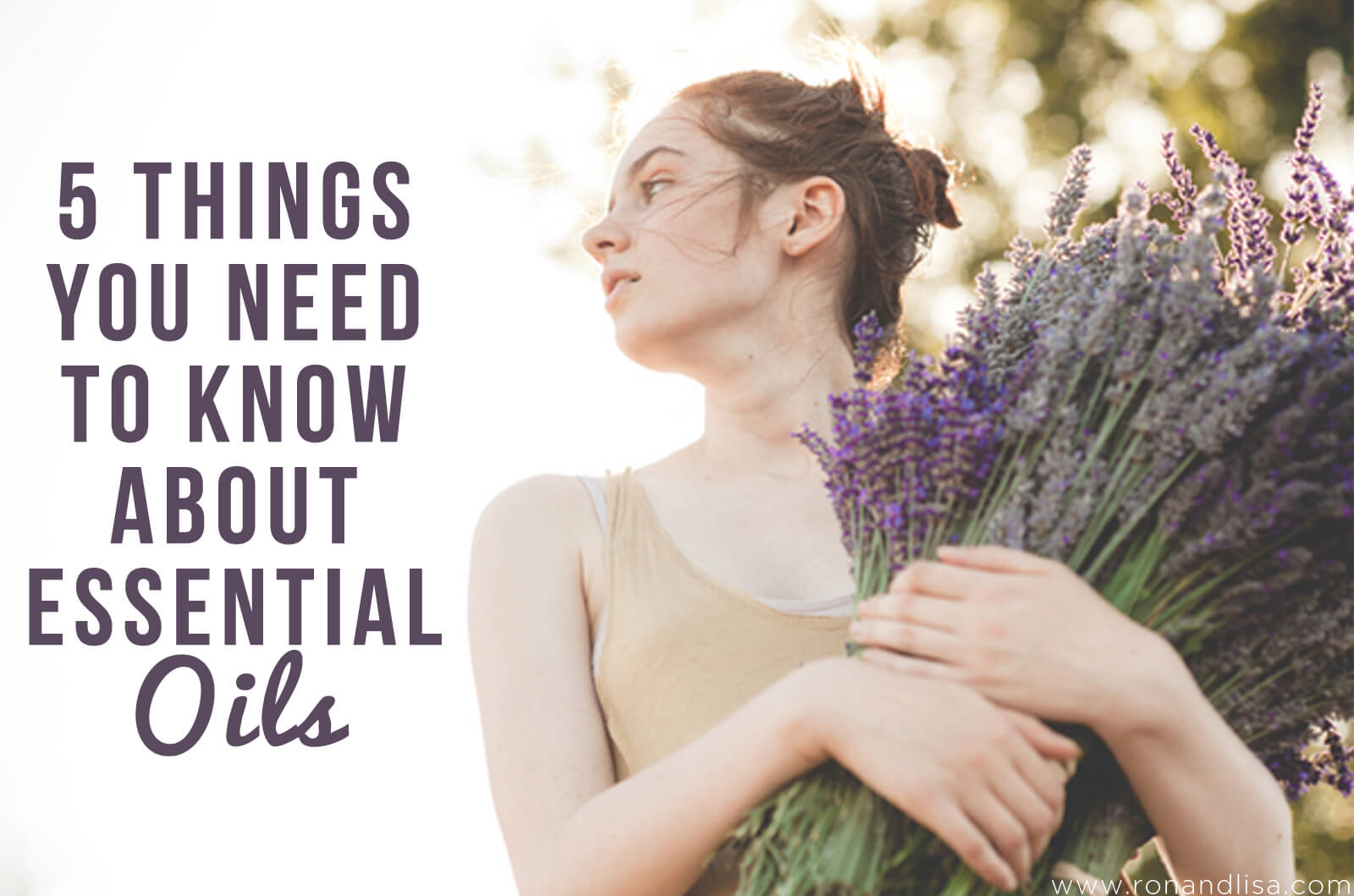By Guest blogger, Heather Viera
Essential oils have become a popular way to treat a number of common ailments from colds and headaches to insomnia and anxiety. Essential oils are advertised as a natural alternative to over-the-counter and prescription drugs and, while they can’t cure every illness, they’ve been shown to have a powerful effect on the mind and body. Here are 5 things to know about the power of essential oils before adding them to your medicine cabinet.
1.) The Power of Plants
Essential oils are derived from plants. Depending on the oil, they may be made from the bark, leaves, flower, or stem. Many essential oils like frankincense and cedarwood oil have been used since biblical times and continue to be popular today. Others like lemon, pine, and clove have cleansing properties and scents that are often used in household cleaners.
2.) Therapeutic Properties
Essential oils work psychologically by appealing to our olfactory senses, which then relay messages to the brain; in part, a memory exercise. If using lavender each night before bed, it doesn’t take long for the scent of lavender to make you feel sleepy, regardless of what time the oil is used.
Similar to smelling snickerdoodle cookies and immediately thinking of your grandmother who used to make them, the brain remembers the feelings associated with scents. The right scent can be used to relieve stress, anxiety, and pain.
Other essential oils work physiologically. Peppermint oil, for example, is used to treat irritable bowel syndrome while an oral form of lavender has been successfully used to treat anxiety. Other oils have anti-bacterial or anti-fungal properties such as tea tree, or melaleuca. Some experts have even suggested that essential oils can be used to fight bacterial infections by slowing down the growing number of antibiotic-resistant bacteria.
3.) Suggested Application
Essential oils can be applied in a number of different ways. In their essential oil form, they are highly concentrated and most cannot be applied to the skin. Instead, these oils must be mixed with a carrier oil such as coconut oil, that dilutes the solution for safe use.
Diffusers specifically designed for essential oils are an easy, effective way to achieve the benefits of an essential oil treatment. However, these oils cannot be added to devices like humidifiers unless they’re specifically designed for use with essential oils. In the wrong container, the oils can break down the plastic parts and cause damage.
Some, but not all, essential oils can be ingested but only under the direction of a practitioner. There’s a real potential for overexposure, allergic reactions, and high toxicity levels with certain oils. This isn’t an area where you want to take a DIY approach.
4.) Quality Counts
You might be able to get away with a generic bottle of ketchup, but when it comes to essential oils, the price reflects quality. To decrease manufacturing costs, some essential oils are pre-mixed with a carrier oil but sold as pure oil. If placed on a white piece of paper and left for 24 hours, the pure essential oil will evaporate. Those that have been mixed with a carrier oil, some are even petroleum-based, will leave a small grease spot.
5.) Safety Usage
If you’re just starting out, consult with an aromatherapist or essential oil practitioner. He or she can guide you on what to look for and advise which oils are most beneficial for your ailment. For example, an aromatherapist can help you steer clear of absolutes, which are petroleum by-products made during the essential oil manufacturing process.
Look for certified organic essential oils. These oils will not expose you to unexpected pesticides or herbicides. And, be careful where you wear or diffuse these oils. Essential oils are potent and can affect children differently than adults. Even amongst adults, essential oil dosages can be too much or too little for people depending on one’s size and physiological makeup. If you want to use oils at work, talk to your co-workers to make sure you won’t be unintentionally harming or irritating anyone.
Essential oils are a natural way to treat illness. However, they should be used responsibly. Talk with a practitioner and use them as directed. When used correctly, essential oils can enhance your well-being and keep you on track for optimal health.
Heather Viera is a lifestyle expert and researcher for FamilyLivingToday.com. She is dedicated to achieving a balanced lifestyle, even with two small children and a full-time career. In the little free time she has, she enjoys hiking with her partner and taking her dog to the beach.



